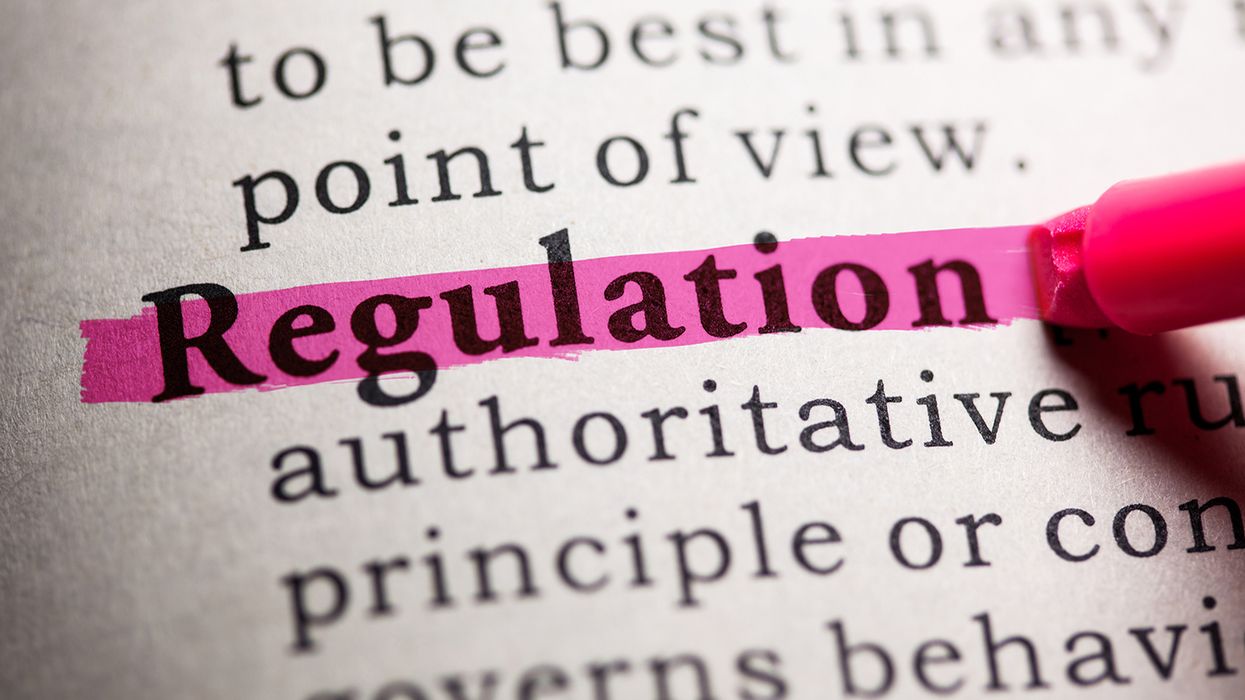How to solve typical FMLA certification problems
One of the key tools of administering leave under the federal Family and Medical Leave Act (FMLA) is the certification. Employers may require employees to provide a certification supporting the need for leave except when employees take leave to bond with a healthy child.
Employers must closely review certifications to ensure they have the right information. Too often, however, issues arise with the certification – lack of information, being late, the source, and so on.
Employers have some options when certifications go awry. Here are some certification troubles and their triumphs (how to deal with them).
Vague, illegible, or missing information: Notify the employee about the information that is vague or missing, giving the employee a written list of what information is needed to make it complete and sufficient, and give the employee at least seven days to fix it.
Inconsistent responses to the questions: Tell the employee in writing what information is conflicting and what is needed to fix it. Give the employee at least seven days to fix it. For example, if the certification says an employee is not incapacitated, but lists continuous leave dates, something’s amiss.
Employers can help avoid some confusion by including a job description with the certification form, so the health care provider will be able to make a more informed decision about the employee’s ability to perform the job – assuming the leave is for the employee’s own condition.
Suspicions that it wasn’t filled out by a health care provider: If the certification is complete and sufficient, the employer may still get it verified. Employers may give the health care provider a copy of the certification and request verification that the information contained on the certification was completed and/or authorized by the health care provider who signed it. Employer attempts to authenticate must be made by a health care provider, HR professional, leave administrator, or management official; never the employee’s immediate supervisor or manager.
Employers should not ask for more information than is allowed in the U.S. Department of Labor’s model certification forms.
If there are still suspicions about the health care provider or the certification’s validity, employers may ask for a second opinion, but they must pay for it.
The employee misses the 15-day deadline: Talk to the employee to see why the certification is late. Employees have 15 days – absent extenuating circumstances – to return a certification. If there are valid reasons for the delay, be flexible based on the situation. If there are no extenuating circumstances, employers may deny the FMLA protections after the 15-day window closes and until the employee delivers a certification.
Employers must inform employees of the consequences for not supplying a certification. While this is included in the eligibility/rights and responsibilities notice, employers may highlight it or call it out specifically in an accompanying memo or letter, so the employee is well informed.
Employee takes more leave than the certification says: When circumstances described by the certification have changed significantly (e.g., the duration or frequency of the absence), employers may request a recertification justifying the added leave.
Key to remember: All is not lost in the world of FMLA certifications when things go awry. Employers have some options to solve certification woes.




















































